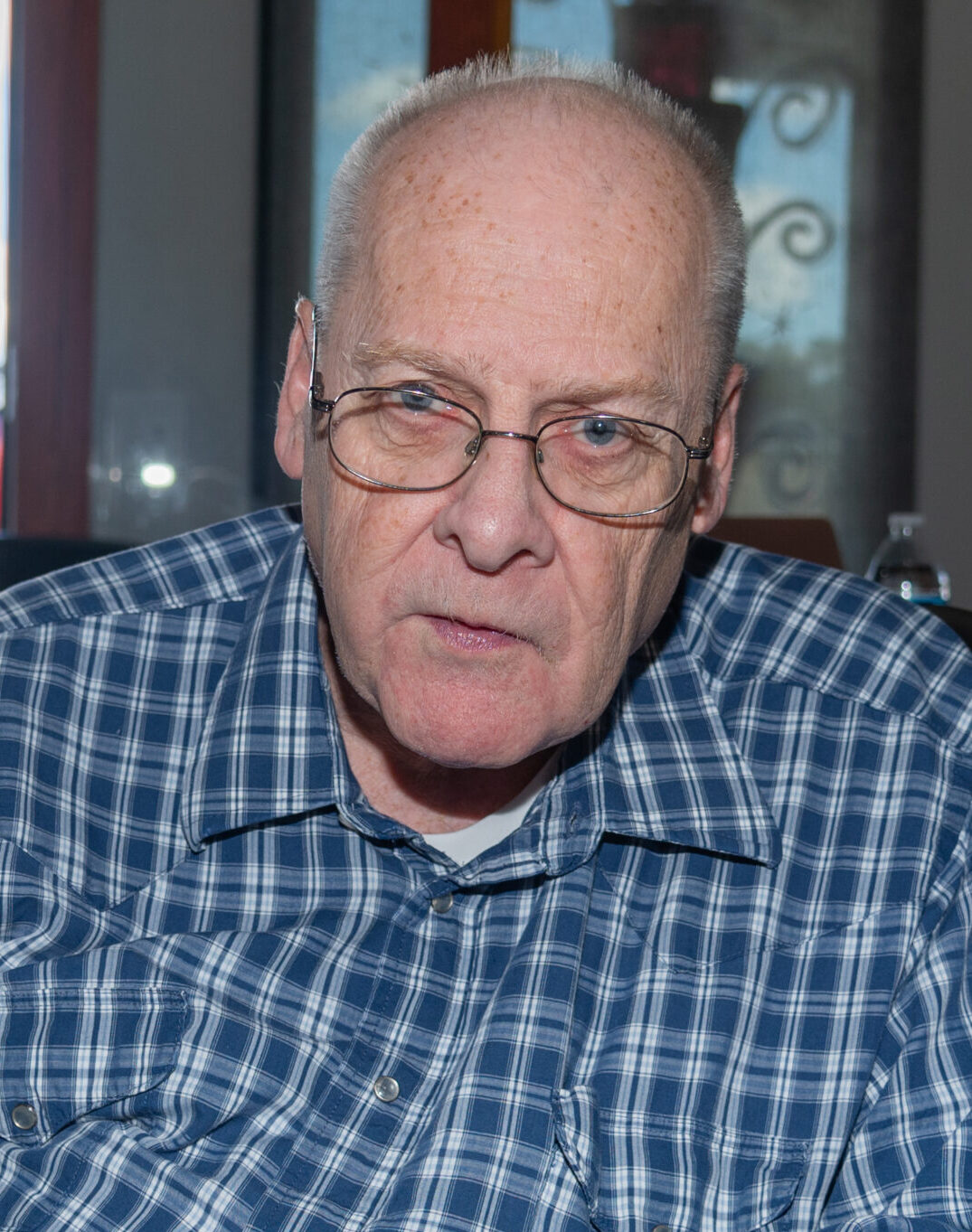BY GREG MARKLEY
OPINION —
Until age 11, I had never been on a college campus. On TV, actors spoke of college on “Leave It To Beaver” and “My Three Sons.” That deficiency changed in 1967 when on a trip to New Hampshire. My father drove to Dartmouth College, an Ivy League school. We were there for 30 minutes but I enjoyed the vibe, especially people running to classes with hands full of books and research.
Dad delivered a letter to a young man from his father. (This personal delivery is rare today; then it was a nice gesture.) From 1975 as a freshman to today I have closely followed news and controversies in higher education. For colleges and universities, a song Bob Dylan wrote three years before I visited Dartmouth is a good fit. It is called “The Times They Are A-Changing.”
In the Wall Street Journal recently, an interesting article titled “Why Americans Have Lost Faith in the Value of College: Three generations of ‘College for all’ has left most families looking for alternatives.’” The author, Douglas Belkin, often writes on U.S. higher education.
“For three generations, the national aspiration to ‘college for all’ shaped America’s economy and culture,” Belkin said. “Most high-school graduates took it for granted that they would earn a college degree. That consensus is now collapsing in the face of massive student debt, underemployed degree-holders and political intolerance on campus.”
Many students after hearing that humanities degrees will not easily land them a job, sped over to fields like computer science, big data and engineering schools. The schools were slow in responding. History and English departments had quiet hallways as many students sought degrees elsewhere that would pay well.
Research shows that students spend only half as much time studying and attending classes as students did in 1961. Yet, many students in 2024 receive “As”; in fact, three times as much. When I was an undergraduate in the late 1970s, there was an informal formula for success, not scientific, but a good guide.
It was something like this: If you almost always spend an hour or less on a school subject, then you will fail the next exam. Conversely, if you spend say four hours routinely studying for a course, you will get an “A” you really earned. But, courses have different workloads. Some students over-study, affecting their health.
More from Douglas Belkin: “Through a combination of state budget cuts, administrative bloat and runaway spending on campus amenities, the real cost of a four-year college degree climbed 180% between 1980 and 2020. The high cost increased pressure on universities to treat students as consumers purchasing a credential, instead of scholars receiving an education.”
Students who are not inclined to attend or stay at college should find an alternative. Caution: That might be a well-paying job that is demanding and dirty, or a mid-level pay schedule position that is comfortable and has good managers. Today’s economy is becoming more specialized, so having a high school degree is not enough in many jobs and careers.
Last August, a LinkedIn study determined that between 2019 and 2022 that there was a 36 percent increase in job postings that didn’t require degree requirements. But the actual number of jobs taken up by candidates who lacked a degree was much smaller. In 1996, Neil Patel, a former contributor to Forbes, wrote an article called “My Biggest Regret in Life: Going to College,” which was widely circulated.
“I had a mistaken notion that I would learn more critical thinking skills in college,” Patel wrote. “Man, was I disappointed. Instead, the college consisted of classes where I was told to obey the rules, follow the instructions, memorize this information, and regurgitate it on a test. Do that, and you’ll be fine.”
He emphasized that for some students, such as physicians and lawyers, it is essential for them to go to college. But for entrepreneurs like him, college was not the path he needed. His fundamental reason for regretting being in college was that critical thinking, not rote thinking, is what future entrepreneurs need.
He argues that funda-mentally, entrepreneurs “do not” follow instructions. “Instead they take risks, devise creative solutions, think outside the box, and choose what rules to break. In other words, they think critically. What college didn’t teach me, I had to learn on my own.”
When I first saw a college campus on a short visit to Dartmouth in 1967, most Americans viewed higher education as an admirable goal for many people. Today, after tuition rose so high, the benefit of telling a recruiter “I have a college degree’ is no longer obvious. It used to be an eagerly awaited development in one’s life, like buying your first car or going on your first unchaperoned date. I will continue with this subject in part two next week.
Greg Markley moved to Lee County in 1996. He has a master’s in education from AUM and a master’s in history from AU. He taught politics as an adjunct in Georgia and Alabama. An award-winning writer in the Army and civilian life, he has contributed to the Observer since 2011. gm.markley@charter.net.


